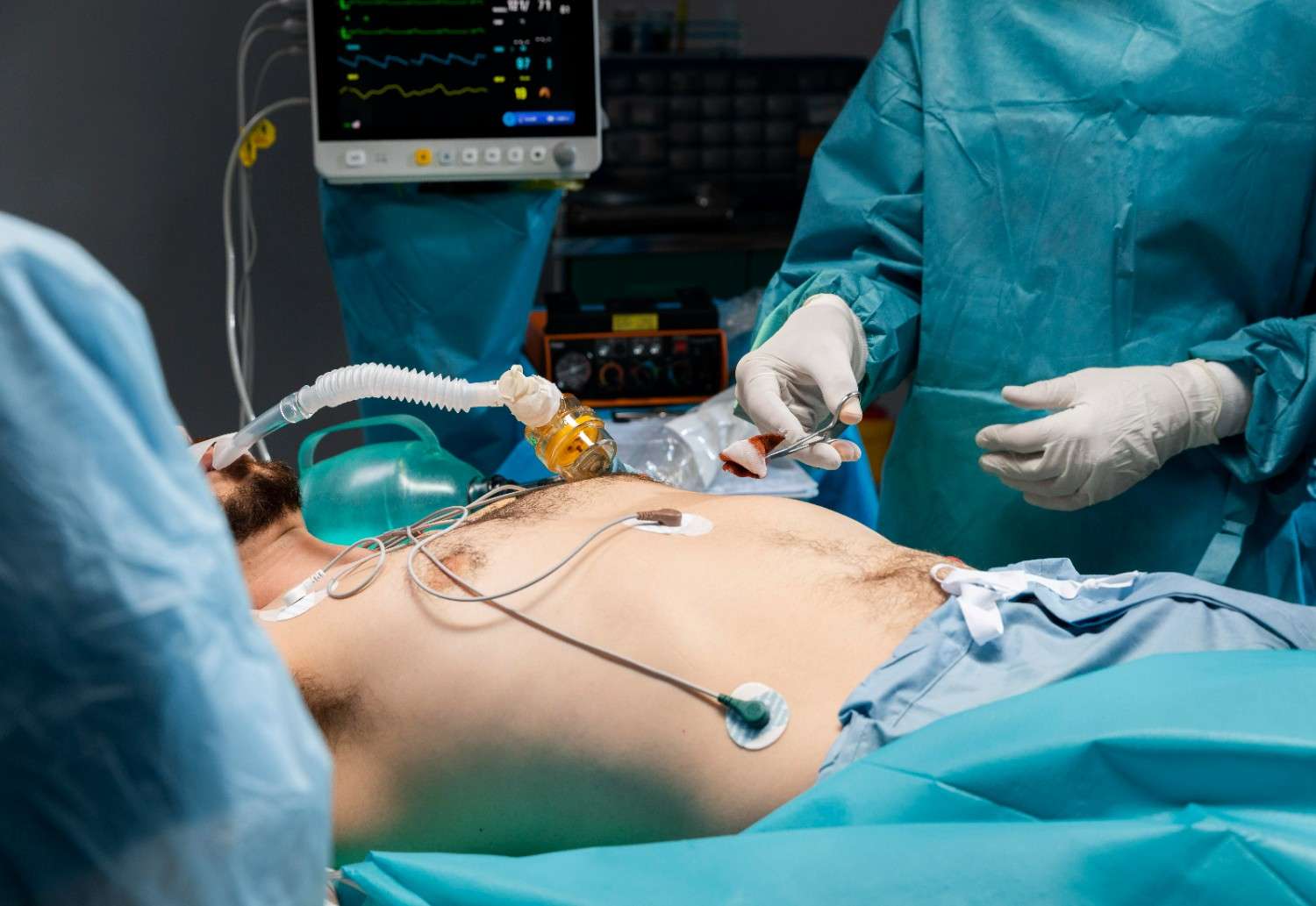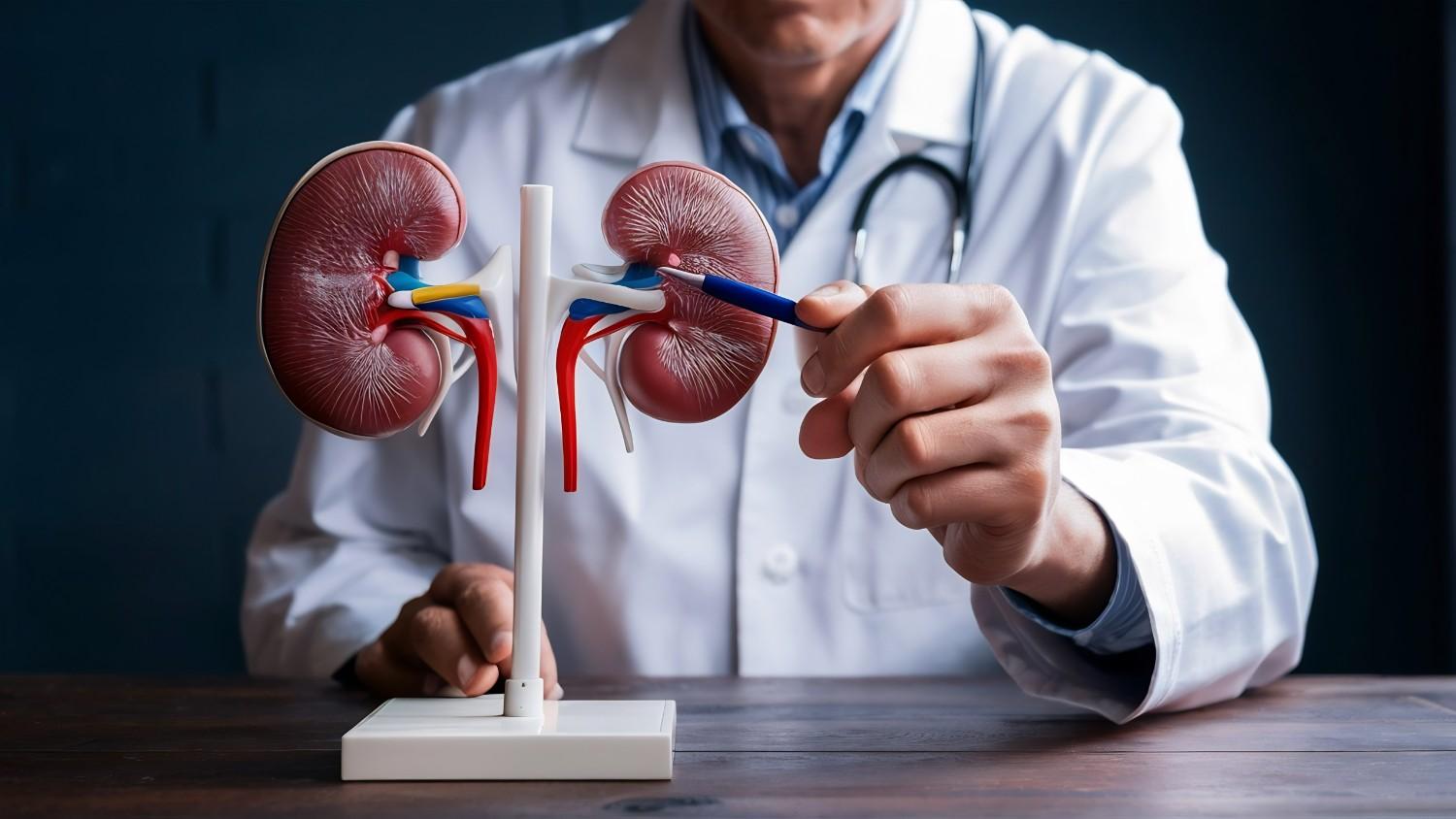

If you or a loved one is living with kidney failure and considering treatment options beyond dialysis, this guide is for you. Keep reading to explore effective alternatives available right here in Goregaon, Mumbai—and discover how the right approach can help you manage your condition with more comfort and control.
A kidney transplant is a medical procedure where a healthy kidney from a donor is surgically placed into the body of a patient whose kidneys are no longer functioning properly. This is a life-saving procedure for those with end-stage kidney failure.
There are two types of kidney transplants:
Kidney transplants are known for their high success rates, but the type of transplant plays a role in how successful the procedure will be.
Living-donor kidney transplants typically have better outcomes. The 5-year survival rate is 97.8% for those aged 18-35, and 83.9% for individuals over 65. Living-donor transplants also tend to result in a quicker recovery and less time spent on dialysis.
Though still highly successful, kidney transplants from deceased donors have a slightly lower survival rate. The 5-year survival rate is 74.3% for individuals over 65 and 95.8% for those aged 18-34. While the success rates are still strong, the longer waiting times for a transplant can sometimes create additional challenges for patients.
Several factors can impact how successful a kidney transplant will be:
To be considered for a kidney transplant, doctors will evaluate whether you meet the necessary criteria. Typically, all individuals with chronic kidney disease who are approaching end-stage kidney failure are eligible for a transplant evaluation.
Some factors influencing eligibility include:
Most transplant centers recommend beginning the evaluation process 6 to 12 months before you’ll need dialysis.
While kidney transplants can be life-saving, there are some challenges involved:
Kidney failure is a serious condition, but with the right treatment, it’s possible to manage and even improve your quality of life. Kidney transplants, whether from living or deceased donors, offer highly successful outcomes, especially for those who are eligible. While living-donor kidney transplants tend to have higher success rates, both types can effectively extend life and reduce the reliance on dialysis.
For patients in Goregaon, Mumbai, seeking kidney failure treatment, consulting an experienced nephrologist like Dr. Rashmi Algeri can help guide you through the process and determine the most suitable treatment plan. With expert guidance and the right approach, kidney failure can be managed in a way that allows for a better, fuller life.
Kidney failure can feel overwhelming, but it’s important to know that dialysis isn’t your only option. In India, alternative treatments approaches like kidney transplant and medical management are helping many patients lead better, more comfortable lives. These treatment options focus on preserving kidney function, easing symptoms, and improving quality of life.
Under the expert care of Dr. Rashmi Algeri, a trusted nephrologist in Goregaon, Mumbai, patients receive personalized kidney failure treatment plans tailored to their unique health needs. Whether you're exploring transplant, conservative care, or symptom management, Dr. Rashmi Algeri offers the guidance and support needed to manage kidney failure beyond dialysis.
Dr. Rashmi is one of the best doctors I have ever met. She listens to your concerns attentively and responds promptly......readmore

I’d like to express my sincere appreciation for Dr. Rashmi, who played an integral role in my nephrology care during one of the most......readmore

Dr Rashmi is an amazing doctor. She explains everything very clearly. She has a very positive and confident approach......readmore

I will certainly recommend Dr Rashmi to anyone looking for a nephrologist. Have been under her care for the last 4 years......readmore

Dr. Rashmi is a very Good & Efficient Doctor. After my Doctor Dr. Jatin Kothari she is the only Doctor I completely......readmore
